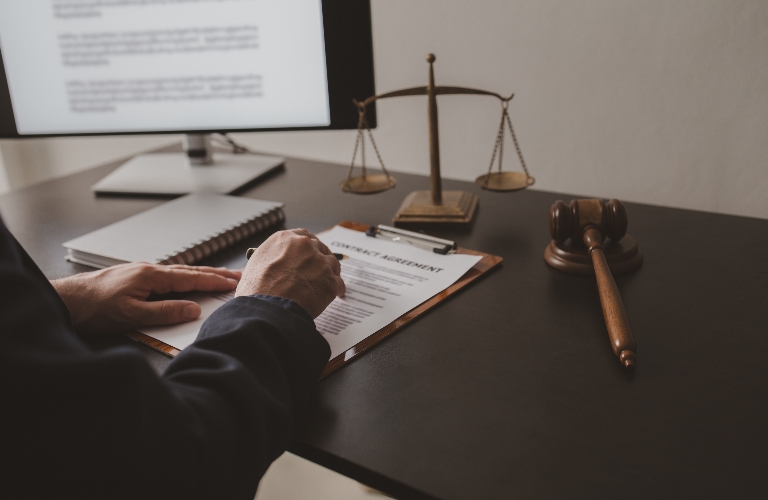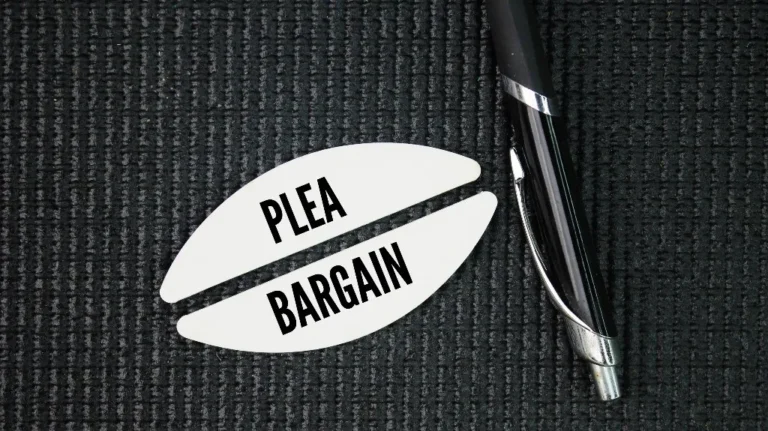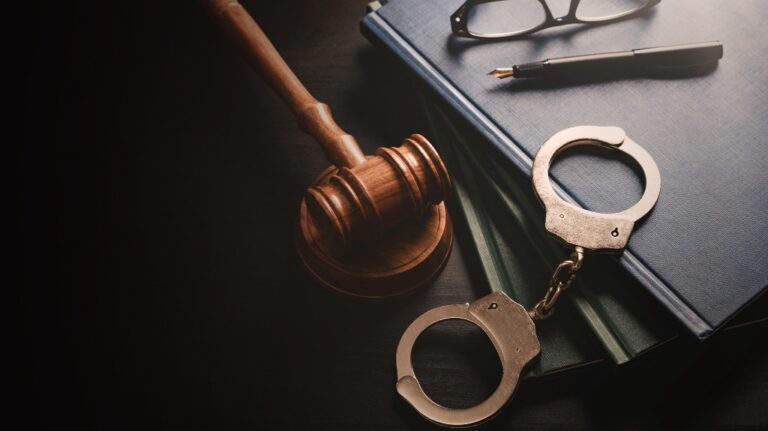
When a family member gets arrested for a federal crime, you may worry about their reputation, freedom, and future. But what can you expect for a loved one after federal prosecutors indict them for a crime? Knowing what happens to a defendant after a federal indictment can help you support your loved one when they face prosecution in federal court.
Understanding the Federal Indictment Process
In the federal criminal justice system, a defendant may face prosecution after a grand jury issues an indictment. An indictment may follow a defendant’s arrest, although it may also precede an arrest. Federal prosecutors may obtain an indictment by presenting evidence uncovered through a law enforcement investigation to the grand jury. The grand jury may issue an indictment if it finds that the evidence supports probable cause to believe that the defendant committed the crime. An indictment typically leads to the filing of criminal charges against a defendant and the initiation of a prosecution, potentially culminating in the defendant’s conviction.
Initial Court Appearance and Arraignment
After the grand jury issues an indictment, a federal court will issue an arrest warrant or summons to compel the defendant to appear in court for an initial appearance and arraignment. At the initial appearance, a magistrate judge will inform the defendant of their charges and advise them of some of their rights, including their right to obtain legal representation. The court will appoint legal counsel for a defendant who cannot afford to hire an attorney. The defendant will enter an initial plea; in most cases, defendants will plead not guilty, although they can later change their plea. The magistrate judge will also decide whether to grant the defendant’s pretrial release or order their detention pending trial. If the magistrate judge releases the defendant, they may set bail or other conditions for their release.
Pretrial Phase: Discovery, Motions, and Negotiations
After an arraignment, a federal prosecution will proceed to the pretrial phase, which can involve several aspects:
- Discovery: In discovery, the defense will receive copies of the prosecution’s evidence file, including evidence prosecutors intend to use at trial and any favorable or exculpatory evidence in the prosecution’s possession.
- Pretrial motions: The parties may file various motions to challenge the admissibility of evidence and the sufficiency of the prosecution’s case, in preparation for trial.
- Plea negotiations: Parties may also negotiate a plea deal in which a defendant agrees to plead guilty in exchange for the dismissal of various charges and the government’s recommendation of a specific sentence or sentencing range.
Trial
If a case does not end with a plea agreement or dismissal, federal charges will eventually proceed to trial, where the government must present sufficient evidence to prove every element of the defendant’s charge beyond a reasonable doubt. The defense will usually present a case to challenge the prosecution’s evidence or assert legal defenses, such as self-defense or alibi. At the end of the trial, the jury (or the judge in a bench trial) will deliberate on the evidence and issue a verdict, either convicting or acquitting the defendant.
Sentencing and Post-Conviction Options

In the event of a conviction, the court will hold a sentencing hearing, during which it considers the presentence report and hears any mitigating evidence presented by the defense. The court will evaluate the suitability of a defendant’s sentence under the Federal Sentencing Guidelines. However, courts may depart from the recommended sentences under the Guidelines based on aggravating or mitigating circumstances.
A defendant may challenge their conviction and sentence through several avenues, such as post-trial motions, a direct appeal to argue that the district court made legal or procedural errors, motions to vacate the judgment based on ineffective assistance of counsel or newly-discovered evidence, or motions for compassionate release.
Contact a Criminal Defense Lawyer Today
When a loved one gets arrested for a federal offense, familiarizing yourself with the legal process that they will go through can prepare you to support them during their prosecution. Contact Guest & Gray today for a free, confidential consultation with a Texas criminal defense attorney to learn more about what to expect for your loved one after federal prosecutors indict them for a crime.




